
November 27, 2019 Gardening 101
The number of certified organic farms in the U.S. rose a whopping 56% between 2011 and 2016. What could possibly account for this dramatic increase in a short, five years?
A growing number of informed consumers are demanding agricultural products that are free of synthetic chemical pesticides, fertilizers, and weed killers. These chemicals quickly and efficiently fertilize plants and kill pests and weeds. However, they have been linked to food allergies in some people, destroy the health of the soil, and contaminate ground water when overused.
Organic gardening offers a “kinder, gentler way” to produce healthy crops and plants, build soil health, and protect the environment.
If you count yourself among gardening enthusiasts who are interested in learning more about organic gardening, then continue reading. You’ll discover everything you need to know to get started gardening in harmony with nature.
What Are the Goals of Organic Gardening?
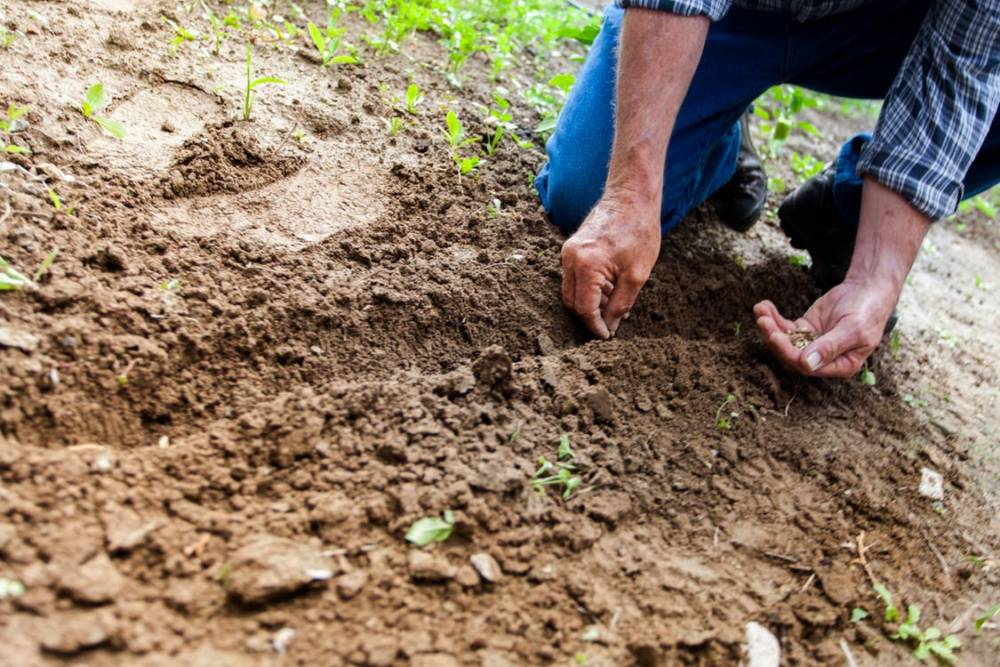
Organic gardening’s two primary goals are to improve the condition of the soil and to protect the environment by abandoning the use of synthetic chemicals. These goals are achieved by implementing a number of practices, including –
- Adding “organic matter” and microbes to the soil to increase its fertility and overall quality.
- Implementing crop rotation and other techniques to minimize soil erosion.
- Managing pests, diseases, and weeds “naturally” to avoid the buildup of toxins in the food supply and the environment.
Gardeners and homeowners in Hawaii are also encouraged to use native plant species whenever possible, especially for landscaping. In addition, we’re advised to avoid planting invasive species such as strawberry guava and pampas grass.
Benefits of Organic Gardening
Let’s take a look at three important benefits of organic gardening. They relate back to the organic gardening practices listed above.
Adding Organic Matter and Microbes to the Soil Keeps It and Plants Healthy
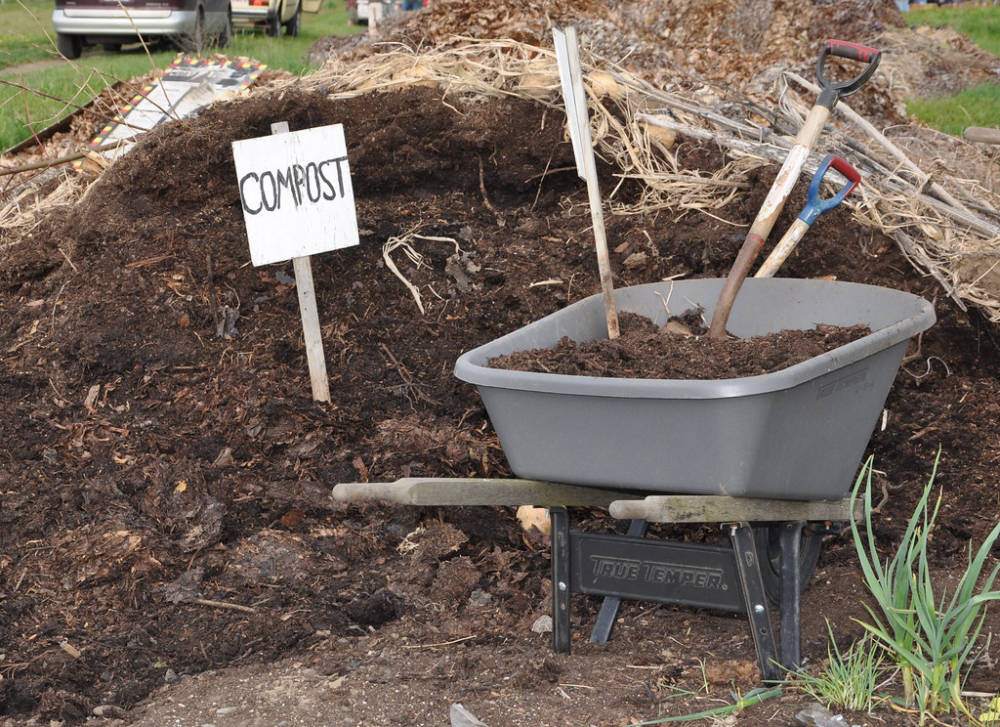
Organic matter is simply decaying plant, animal, and mineral material. Examples include animal manure, compost, poultry feathers , and minerals such as lime and langbeinite. Vegan gardeners prefer to use only plant and mineral organic matter.
Decomposing organic matter adds nutrients to the soil that plants need to grow and thrive. It also improves the overall quality and structure of the soil your plants grow in. Sandy soils become more water-retentive, and clay soils drain better.
In addition, organic matter increases the activity of soil microorganisms, invisible-to-the-naked-eye creatures that love to eat organic matter. They break it down, making nutrients available for plants to feed on.
The increase in soil microbial activity has the added benefit of lowering the number of disease-producing microorganisms like nematodes in the soil. And when they die and decay, these heroic creatures release even more plant nutrients into the soil.
Rotating Crops Prevents Soil Erosion
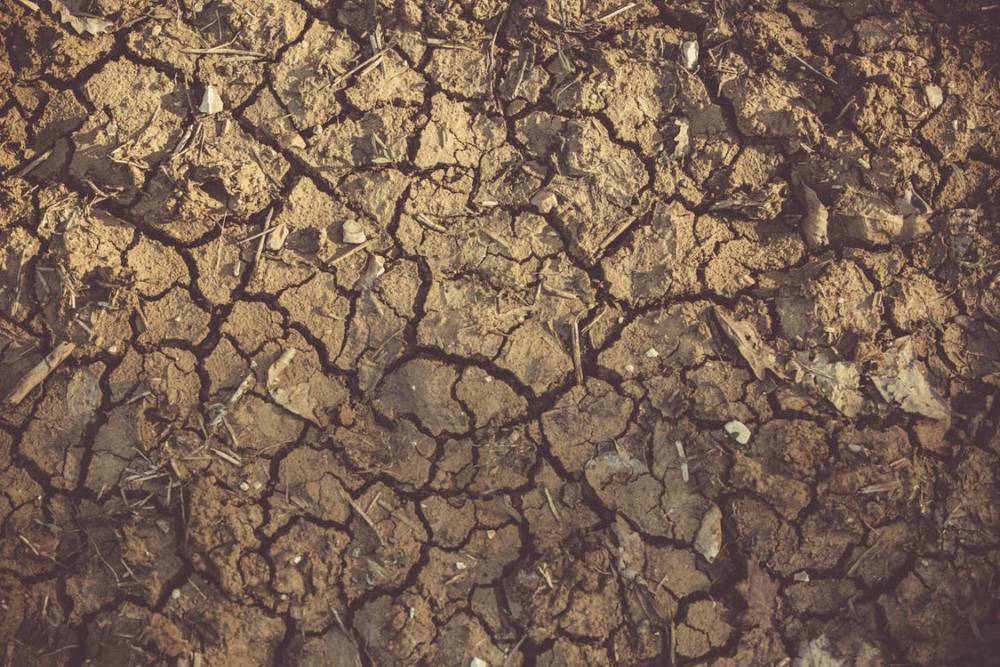
It’s no surprise that organic gardening favors a practice like crop rotation. Planting the same crop in the same soil season after season erodes the soil, stripping it of the specific nutrients the crop requires.
The typical response in commercial gardening is to add synthetic fertilizers to the soil to make up for the ones being depleted. Before long, the plant becomes entirely dependent on chemical fertilizers because there are none left in the soil.
In crop rotation, you plant different crops in the same soil in successive seasons, ones that add back the nutrients the previous plants used up or ones that require a different set of nutrients. As a result, you use less fertilizer because the soil remains fertile longer, allowing crop yields to increase.
Finally, crop rotation improves the structure of the soil by increasing its biomass from the different root systems that make it up. The result is better drainage and moisture retention.
Managing Pests and Weeds “Naturally” Protects the Environment …
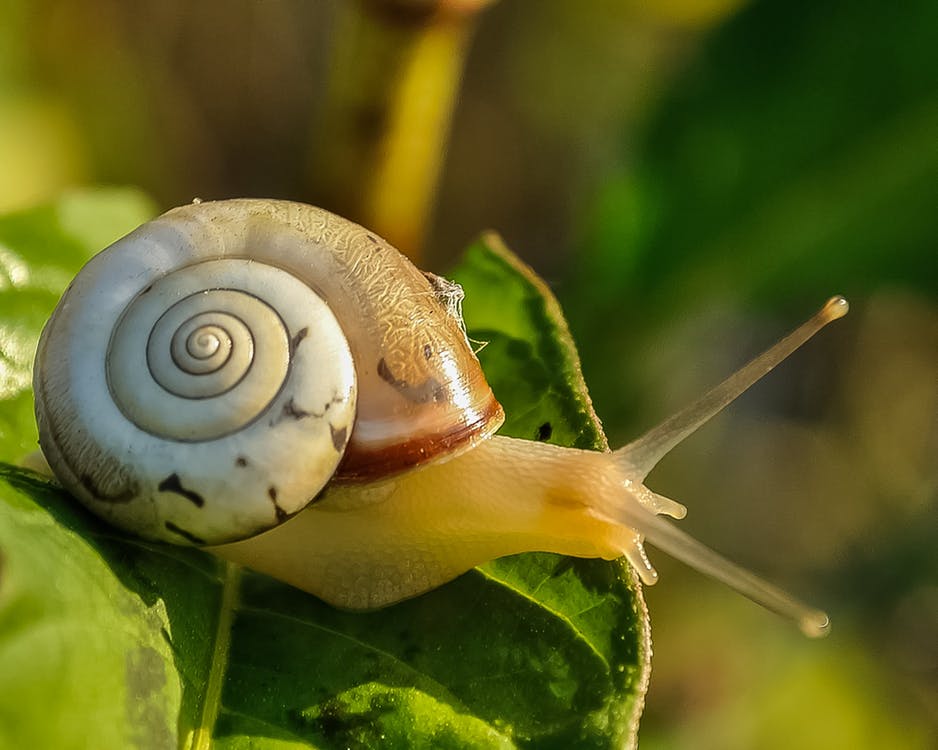
… and your family, too!
The number one way to keep pests and diseases at bay organically is to grow strong, robust, healthy plants that are disease- and pest-resistant. Your need for pesticides and weed killers is significantly reduced as a result.
There are additional organic gardening practices you can undertake to keep pests and weeds to a minimum before resorting to even organic pesticides and herbicides.
One such method is companion planting. It’s the practice of growing plants in close proximity to one another in order to encourage each others’ growth and protect each other from pests, disease, and weeds. Adding marigolds, petunias, or geraniums to your vegetable garden, for example, acts as a natural pest deterrent.
Companion planting lists are available that provide recommendations on which plants work well together, based on factors such as the nutrients they provide, the pests they deter, and the weeds they discourage.
Tips for Getting Started on Your Organic Gardening Journey
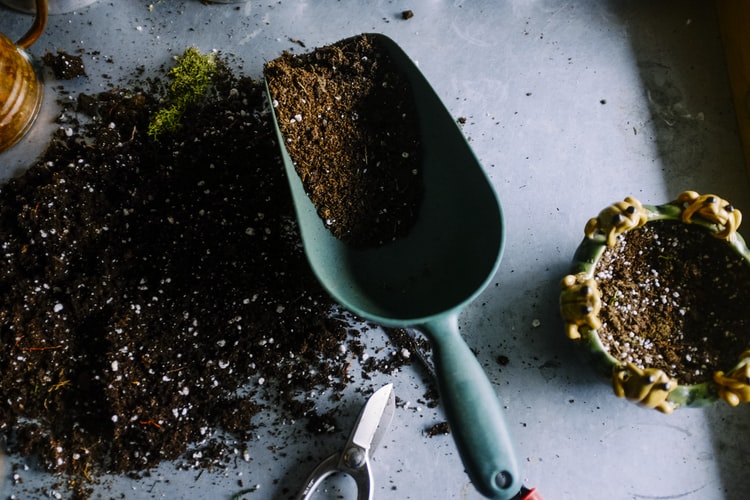
Keep these organic gardening tips in mind whether your goal is to add a few houseplants to spruce up the indoors or set up a thriving, backyard garden.
- Select the right site for your garden. Be sure that the site you select gives your plants the correct amount of the sun light, good soil, and water it needs. If, for example, the site you’re considering doesn’t have enough shade to protect a species you want to plant that requires it, consider choosing a more sun-loving plant for that location or a different location entirely.
- Get your soil tested. A soil test will provide vital information about, among other things, your soil’s nutrient and pH levels. This knowledge will help help you choose the fertilizers and amendments your soil may need.
- Fertilize judiciously. Over-fertilizing or using the wrong fertilizer shouldn’t be a problem when you get your soil tested. Many top-quality organic fertilizers and amendments are available for purchase at a Ko’olau Farmers near you.
- Conserve water. If your soil is well amended, this step should be easy to accomplish. Moisture levels are consistently maintained without the soil becoming too dry or water-logged. As a result, you use far less water. Gardeners living in high precipitation areas on the island will probably water their gardens and outdoor plants even less. But still keep an eye on your soil’s moisture levels, making adjustments as needed.
- Manage pests and weeds. Pest and weed management will also be a lot easier when you garden organically simply because you’ll have fewer of them. However, you’ll still have to do some weeding. And if any pests or disease appear, address them with the least toxic solutions, as quickly as possible.
Enjoy the Fruits of Your Labor
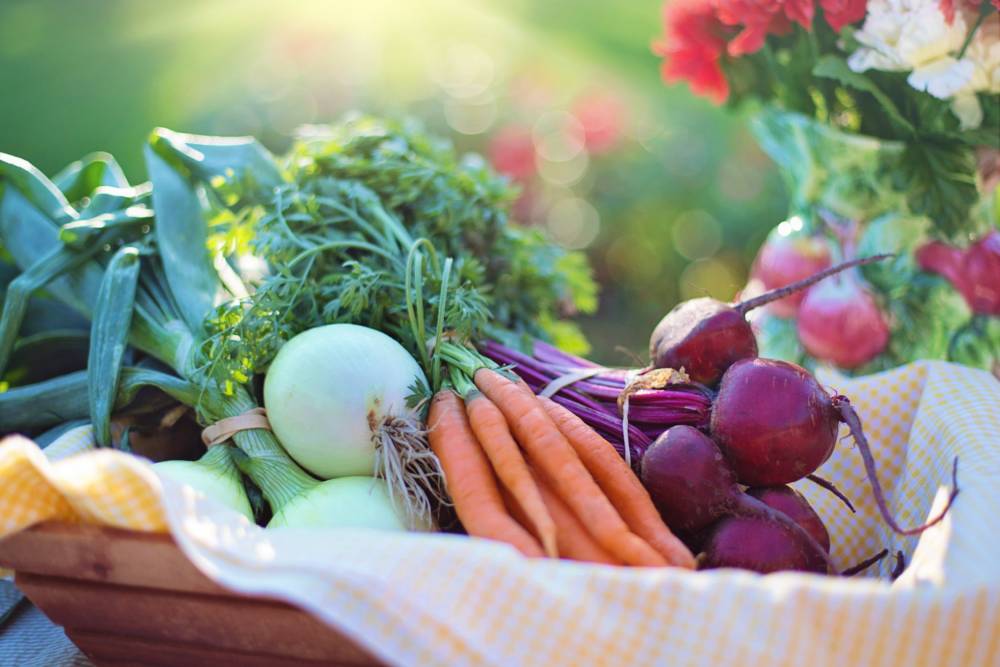
Get ready to experience sweet-smelling blossoms; healthy fruits and vegetables; and vibrantly green houseplants, trees, and shrubs as a result of your organic gardening efforts.
You’ll also be doing your part to help protect the environment and create a sustainable future for the planet.
compost, organic fertilzer, organic gardening, organic matter
